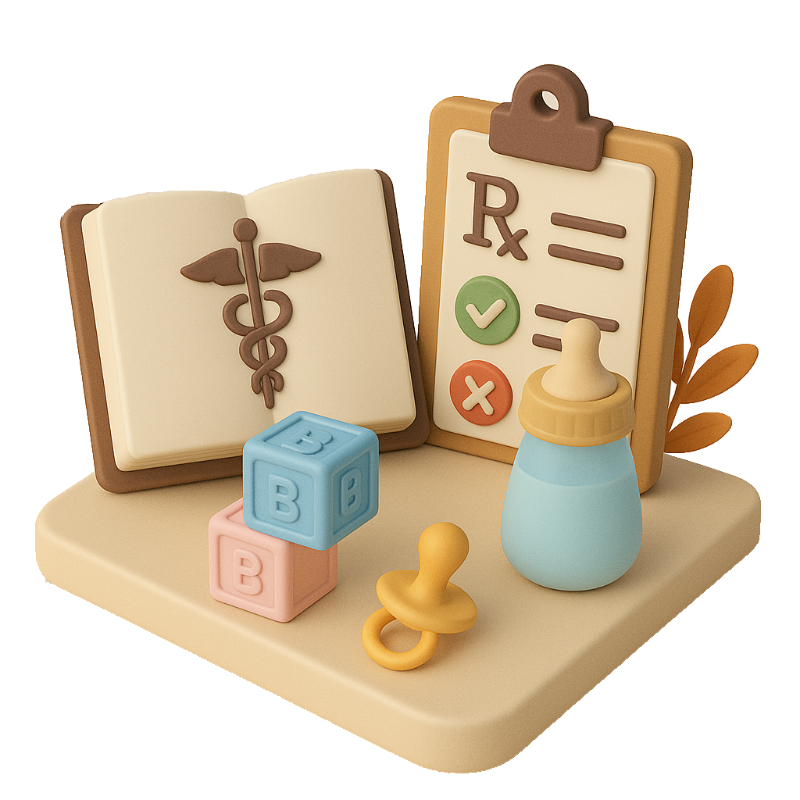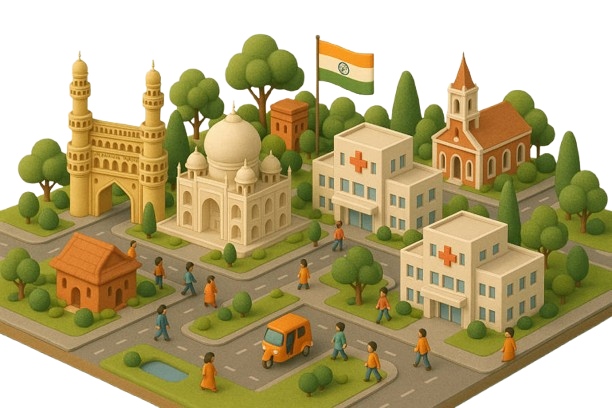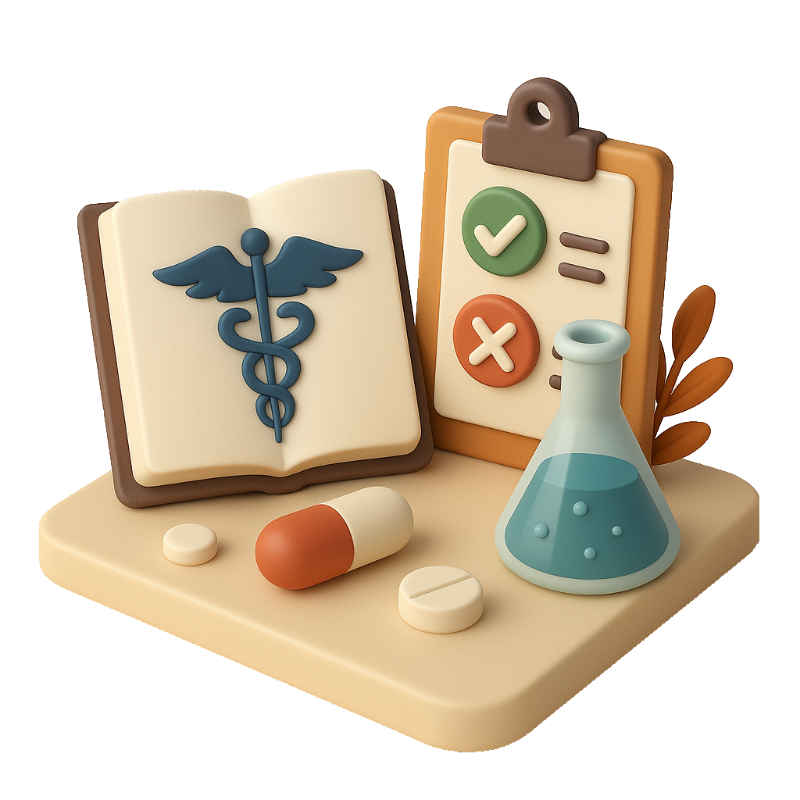If you’re considering MD Paediatrics, you’re probably someone who enjoys working with children and feels like nothing else will offer you quite the same amount of satisfaction.
You are probably right, but how does this branch fare when it comes to long-term career satisfaction, work-life balance, and money? Let’s take a look.
Scope
Paediatrics is a vital and ever-evolving field. India has a large paediatric population, which means the demand for paediatricians remains high, especially in tier 2 and tier 3 cities where there is a significant shortage.
After MD Paediatrics, you can:
- Work in government or private hospitals
- Open a private clinic
- Pursue super-specialisations like Neonatology, Paediatric Neurology, Paediatric Cardiology, etc. (Or even DM in adult medicine branches if that’s what you want)
- Join academic institutions and contribute to teaching and research
While the urban job market is getting saturated, rural and semi-urban India continues to offer a strong need for paediatric care. The field also allows flexibility in choosing your practice setting—hospital-based or outpatient-based.
Job Satisfaction
Paediatrics can be incredibly fulfilling. You get to treat children and support families during crucial moments. There’s immense joy in seeing a sick child recover and go home smiling. It’s also true that most paediatric patients recover fast and go on to lead healthy lives, which isn’t the case for many adult medicine branches.
However, it can also be emotionally draining. Paediatric patients often can’t communicate their symptoms clearly, and critical illnesses can progress rapidly. Managing anxious parents and emotionally charged situations becomes part of the job.
If you find joy in working with children and are patient and empathetic, paediatrics can be deeply rewarding.
Work-Life Balance
This is where paediatrics is a bit of a mixed bag.
- Outpatient-based practice: If you run your own clinic, you can achieve a reasonably good work-life balance with fixed hours.
- Hospital-based jobs: Paediatricians in hospitals, especially in NICUs or PICUs, often work long and unpredictable hours. Emergencies are common, and night duties can be frequent.
The workload can be intense, particularly in government or teaching hospitals. However, once you establish your own practice or move to a private setup, the balance can improve significantly.
To sum it up:
- Stress: Dealing with critically ill children and emotional parents can be highly stressful.
- Satisfaction: For many, the smiles of recovering kids and the gratitude of parents make it all worth it.
- Burnout Risk: Medium to high, especially in academic or NICU settings.
PG Life
Life during the three years of your MD in Paediatrics? In one word, demanding.
- Workload: Expect long hours, frequent night duties, and a significant amount of time in the NICU or PICU. Emergency calls can be overwhelming, especially in your junior year.
- Steep Learning Curve: Paediatrics is fast-paced and precise. From neonates to adolescents, you’ll cover a wide age range and a wide spectrum of diseases. Interpretation of symptoms is tricky, and clinical judgment sharpens only with experience.
- Rounds and Academics: Daily rounds, academic presentations, seminars, thesis work, and departmental teaching will fill your days.
- Emotionally Intense: You’ll witness everything—from the miracle of saving a 900g preemie to the heartbreak of losing a child. Emotional resilience is as important as clinical acumen.
But despite the exhaustion, many residents say that Paediatrics is one of the few branches where the emotional rewards come quickly—when a sick child smiles at you or a parent thanks you with tears in their eyes, the burnout feels just a little less heavy.
Your PG years will test your stamina, empathy, and perseverance—but they’ll also mould you into a confident, compassionate clinician.
Money
Salary Expectations
Straight out of MD, your salary will likely range between ₹80,000 to ₹1.5 lakh per month in private hospitals. In metros, salaries might go a bit higher, especially with corporate chains. In government hospitals, pay is as per the 7th Pay Commission, but benefits like job security and pension may be attractive.
That said, paediatrics is not one of the highest-paying branches initially—especially when compared to fields like Radiology, Dermatology, or Orthopaedics.
Private Practice
This is where paediatrics can shine financially—but it takes time. Building a successful practice requires:
- A good location
- Reputation and word-of-mouth referrals
- Patience for the first few years
Once established, a private paediatrician in a decent urban area can earn very well. Clinics with tie-ups with maternity homes, and NICU access tend to perform even better.
Vaccinations used to be an income source for Paediatricians in the but that has changed since essential vaccinations are now part of the Universal Immunisation Programme offered by the government free of charge.
Many successful paediatricians also open their own hospitals or NICUs, which can significantly boost earnings.
Check out MD Paediatrics salaries on Glassdoor. Keep in mind that the money varies from big cities to small towns and from corporate hospitals to private setups.
Long-Term Career Growth
MD Paediatrics opens doors to sub-specialisations, academia, research, and public health roles. You can also:
- After MD Paediatrics you have the option to write NEET SS and do super specializations in many branches including adult medicine.
- Pursue fellowships (in India or abroad)
- Open private clinic or NICU setups.
- Join NGOs or UN agencies (like UNICEF)
There’s steady growth, especially if you’re proactive about upgrading your skills or networking with hospitals.
Is MD Paediatrics Right for You?
Go for it if:
- You love working with children
- You’re emotionally strong and patient
- You’re okay with an initially modest income
- You value meaningful, people-first work
Think again if:
- You want a branch with immediate high financial returns
- You’re uncomfortable with emotionally intense situations
- You dislike dealing with parents or managing crying kids all day



